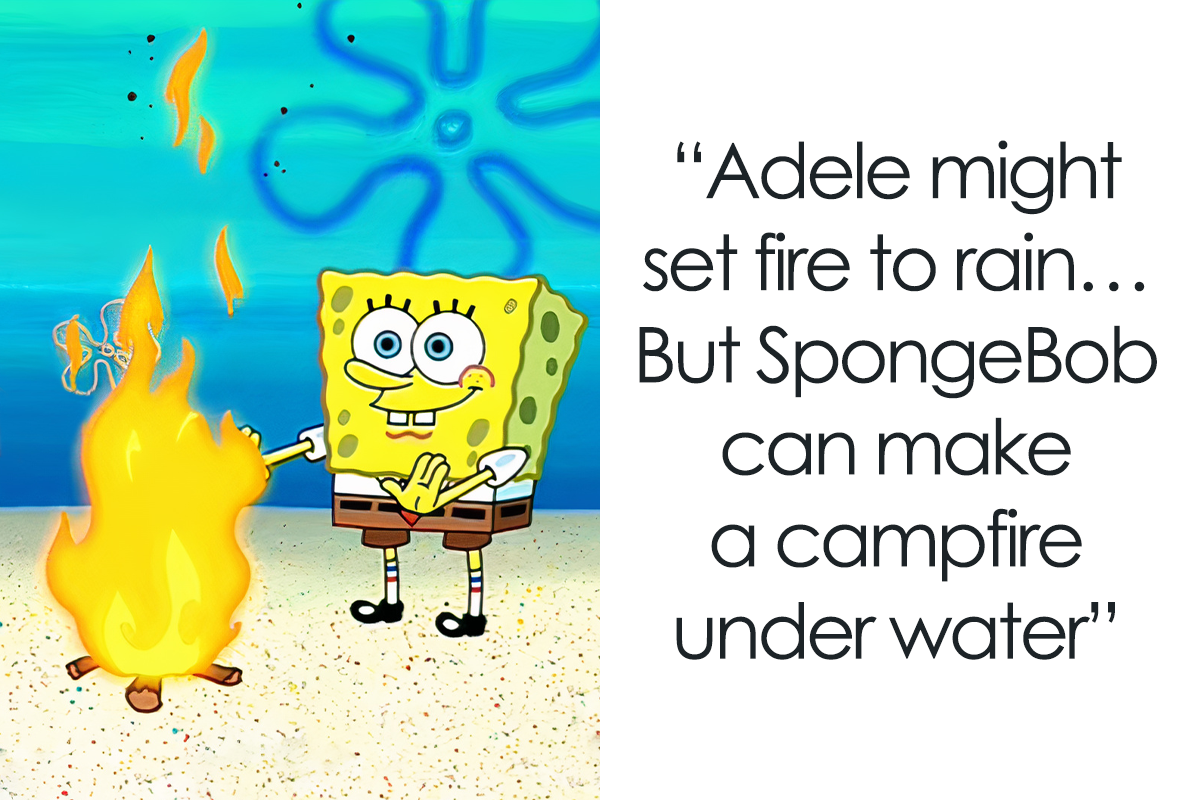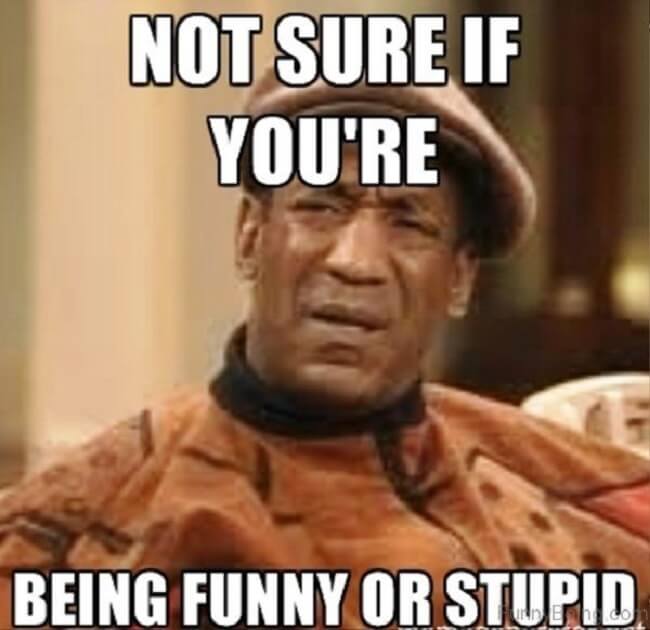Why Offensive Jokes Hurt—and How We Can Do Better
Humor is a powerful tool that can bring people together, but when it crosses the line into offense, it can do real damage. Jokes that belittle or exclude others can lead to hurt feelings, misunderstandings, and even societal rifts. In this article, I’ll break down why offensive jokes are such a big deal and how we can all navigate humor more responsibly. Whether you’re a comedian, a content creator, or just someone trying to keep things lighthearted in everyday conversations, this guide will give you the tools to use humor thoughtfully.
For years, people have debated where to draw the line when it comes to humor. Some folks think anything goes—that humor should have no boundaries. Others believe certain topics are off-limits. The truth is, humor is a delicate balance. It can unite us, but it can also divide us. To truly understand the impact of offensive jokes, we need to dive into the psychology behind them, explore real-world examples, and figure out how to use humor in a way that doesn’t hurt anyone. Let’s get into it.
Our goal here isn’t to stifle free speech or make humor a minefield. Instead, it’s about being mindful of how our words affect others. Humor should bring people together, not push them apart. So, let’s explore the world of offensive jokes and figure out how to keep our sense of humor sharp while keeping things respectful.
Read also:The Truth About Jailyne Ojeda Debunking Myths And Protecting Privacy
Table of Contents
- What Are Offensive Jokes?
- Psychology of Offensive Jokes
- Examples of Offensive Jokes
Why Are Offensive Jokes Problematic?
- Cultural Differences in Humor
- Impact on Society
- How to Avoid Offensive Jokes
The Role of Comedians in Shaping Humor
- Legal and Ethical Considerations
- Conclusion
What Are Offensive Jokes?
Let’s start with the basics: what makes a joke offensive? Offensive jokes are those that target specific groups, individuals, or sensitive topics in a way that causes discomfort, distress, or even harm. These jokes often rely on harmful stereotypes, prejudices, or derogatory language to try to get a laugh. And while humor is subjective, there are some lines that most people agree shouldn’t be crossed.
Think about jokes that make fun of race, gender, religion, sexual orientation, disabilities, or traumatic events. These kinds of jokes don’t just hurt feelings—they can perpetuate harmful stereotypes and create a culture of disrespect. They send the message that certain groups are less worthy of respect or dignity. Recognizing what makes a joke offensive is the first step toward using humor in a way that doesn’t hurt others.
Psychology of Offensive Jokes
The psychology behind offensive jokes is fascinating—and sometimes unsettling. These jokes often stem from unconscious biases, societal norms, or even a desire to challenge authority. A study published in the Journal of Personality and Social Psychology found that humor can be a double-edged sword. It can bring people together, but it can also push them apart. When used irresponsibly, jokes can alienate and marginalize entire groups of people.
Offensive jokes don’t just come out of nowhere. They often reflect deeper societal issues, like systemic discrimination or inequality. By examining the psychology of humor, we can better understand why some jokes land and others fall flat—or worse, cause harm. This awareness is key to promoting empathy and respect in our interactions. It’s not just about avoiding offense—it’s about building stronger, more inclusive relationships.
Examples of Offensive Jokes
Let’s look at some real-world examples of offensive jokes that have sparked controversy:
- Racial jokes that reinforce harmful stereotypes about specific ethnic groups.
- Sexist jokes that demean women or reinforce gender inequality.
- Homophobic jokes that mock LGBTQ+ individuals or their identities.
- Disability jokes that belittle people with physical or mental challenges.
- Tragedy jokes that make light of serious events, like natural disasters or terrorist attacks.
These examples show just how important it is to think twice before cracking a joke. Humor can be a powerful tool for connection, but it can also do real damage if we’re not careful. The key is to consider the impact of our words—not just the intention behind them.
Read also:Willow Harpers Onlyfans Journey A Story Of Growth Impact And Creativity
Why Are Offensive Jokes Problematic?
So, why exactly are offensive jokes such a big deal? There are a few reasons:
- They perpetuate stereotypes: Jokes that rely on negative assumptions about specific groups reinforce harmful biases and contribute to systemic discrimination.
- They cause emotional harm: Offensive jokes can leave people feeling excluded, angry, or hurt, especially those who are directly targeted.
- They normalize intolerance: When offensive humor becomes the norm, it creates a culture of disrespect and makes it harder to address serious issues like inequality and injustice.
Research from the American Psychological Association shows that exposure to offensive jokes can desensitize people to the harm they cause. Over time, this can make it harder to recognize and challenge discrimination in everyday life. It’s a cycle we need to break if we want to create a more respectful and inclusive world.
Cultural Differences in Humor
Humor isn’t one-size-fits-all—it’s deeply influenced by cultural context. What might seem funny in one culture can be deeply offensive in another. For example, jokes about religion might be acceptable in a secular society but completely off-limits in a more religious community. Understanding these cultural differences is essential if we want to avoid unintentionally offending others.
Cultural sensitivity isn’t just about avoiding offense—it’s about building stronger, more respectful relationships. This means paying attention to both verbal and non-verbal cues and educating ourselves about different cultural norms. In today’s globalized world, where cross-cultural communication is more common than ever, this awareness is more important than ever.
Impact on Society
Offensive jokes don’t just hurt individuals—they can have a ripple effect on society as a whole. They can:
- Create divisions between different groups, leading to increased tension and conflict.
- Undermine efforts to promote equality and social justice.
- Contribute to a culture of disrespect and intolerance, making it harder to address serious issues like discrimination and inequality.
On the flip side, responsible humor can bring people together, foster understanding, and even promote positive change. By choosing our words carefully, we can create a more inclusive and compassionate society. It’s not about avoiding humor altogether—it’s about using it in a way that builds people up instead of tearing them down.
How to Avoid Offensive Jokes
Avoiding offensive jokes doesn’t have to be rocket science. It just takes a little mindfulness and empathy. Here are some tips to help you navigate humor more responsibly:
- Consider your audience: Think about who will hear your joke and how they might perceive it. What might seem harmless to you could land like a punch to someone else.
- Challenge stereotypes: Avoid relying on negative assumptions or generalizations about specific groups. Instead, try to find humor that unites rather than divides.
- Be aware of sensitive topics: Stay informed about current events and avoid making light of serious issues. There’s a time and a place for everything, and some topics are best left alone.
- Practice active listening: Pay attention to feedback from others and be open to learning and growing. If someone tells you a joke hurt them, take it seriously and adjust your approach moving forward.
By adopting these practices, we can create a more respectful and inclusive environment for everyone. It’s not about being perfect—it’s about being willing to learn and do better.
The Role of Comedians in Shaping Humor
Comedians play a huge role in shaping the humor landscape. As professional joke-tellers, they have the power to influence societal norms and attitudes. Some comedians use their platform to challenge authority, expose injustice, and push the boundaries of what’s acceptable. Others, unfortunately, may unintentionally perpetuate harmful stereotypes through offensive jokes.
Responsible comedians understand the power of their words. They strive to balance humor with respect, using their craft to promote understanding and empathy. By setting a positive example, they can inspire others to approach humor in a more thoughtful and inclusive way. It’s not about playing it safe—it’s about using humor to make the world a better place.
Legal and Ethical Considerations
Offensive jokes aren’t just a social issue—they can have legal and ethical implications too. In some countries, hate speech laws prohibit jokes that incite violence or discrimination against specific groups. Ethically, we all have a responsibility to promote respect and inclusivity in our interactions.
More and more companies and institutions are recognizing the importance of creating safe and respectful environments. Many have implemented policies and training programs to address offensive humor and promote diversity and inclusion. By following these guidelines, we can foster a culture of respect and understanding—not just in our personal lives, but in our workplaces and communities as well.
Conclusion
Offensive jokes can have far-reaching consequences, affecting individuals, communities, and society as a whole. By understanding the psychology behind these jokes and the harm they can cause, we can make more informed choices about how we use humor. Responsible humor promotes connection, empathy, and understanding, while offensive jokes perpetuate division and intolerance.
I invite you to join the conversation and share your thoughts on this important topic. Leave a comment below or explore other articles on our site to learn more about fostering respectful communication. Together, we can create a world where humor brings people together instead of driving them apart. Let’s use laughter to build bridges, not walls.
Article Recommendations

